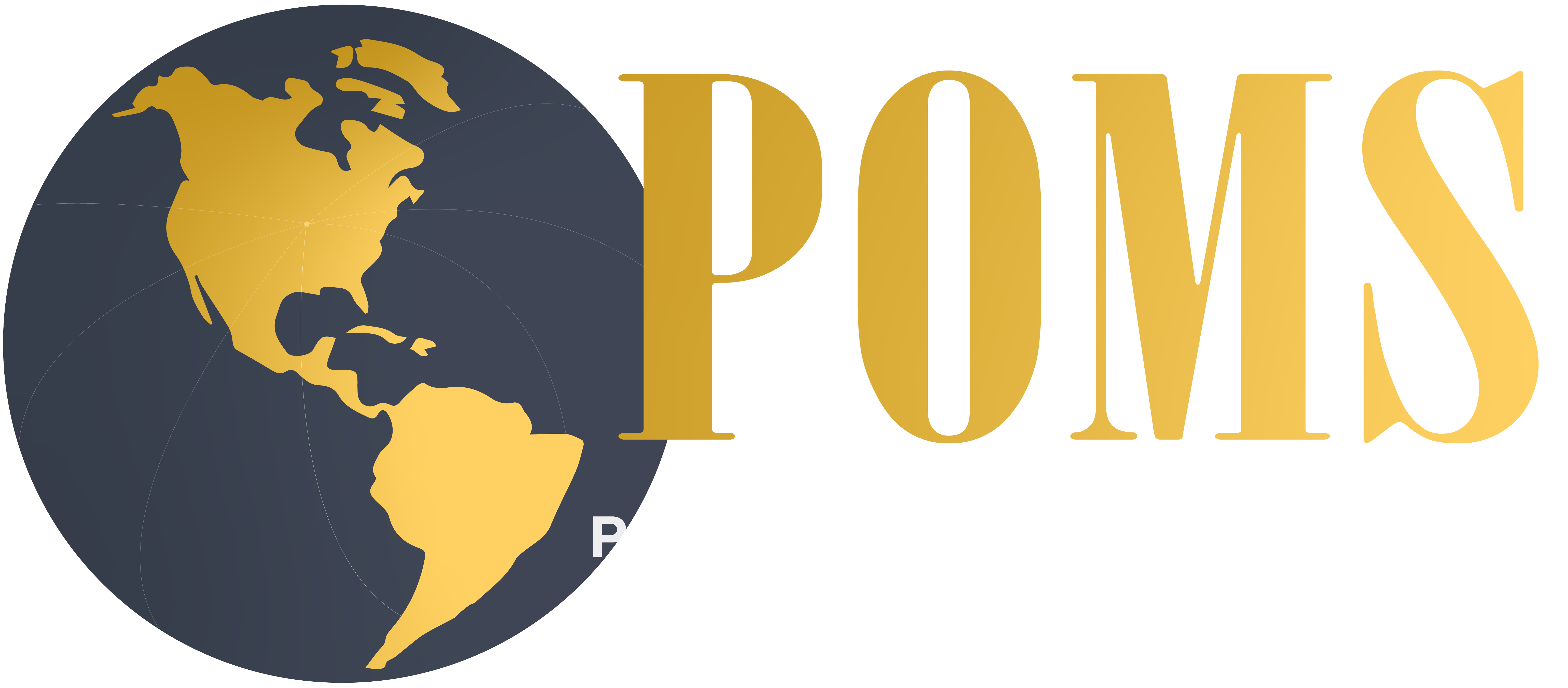DISASTER MANAGEMENT
Mission Statement
The department of "Disaster Management" has been established to encourage research in this crucial domain. This is an area that has gained great importance for POMS because a global spotlight now illuminates extensive tragedies where countless numbers of human lives are at stake. Calamities are magnified since they occur in an ever-more complex, interconnected world. Operations management is the only field that can be called upon to spare (and/or alleviate) pain and suffering. There are major differences between traditional POM and disaster management-POM. In the latter, profit motives are not paramount. Rather, the objectives are to provide relief to victims and to save as many lives as possible. This department will focus on research that covers the entire system of disaster management including forecasting events for prevention and mitigation. Understanding the supply chain is essential for maximizing humanitarian benefits. There is also responsibility for short term and long term recovery and repair.
Papers sent to the Disaster Management Department may relate to any one (or more than one) time phases of disasters - before, during and after. The papers may focus on one (or more than one) types of the causes of disasters - error, terror and nature. Suggested major areas and subtopics of research
include:
Types of Disasters (discussing the nature of crises, catastrophes, accidents, calamities, debacles, cataclysms-rare, severe, spontaneous, widespread, limited, unpredictable, forecastable, etc.)
- Taxonomy of this field
- Time as a crucial parameter
- Methods for rapid response (for example, OODA loop)
The Role of Government and Other Agencies (such as the Red Cross and Oxfam)
- Policy decisions
- Methods of funding
- Decision making structure and bureaucracy
- Competition, conflict, cooperation and coordination among sponsors
- Public-private partnership
- Cooperation and linkages at the international level
Operational Planning
- Disaster Forecasting (developments in science and engineering may be useful)
- Prevention (for example, watch for early warning signals)
- Mitigation - reduce the impact of severity (new building codes, heights of levees, etc.)
- Evacuation planning
- Instantaneous supply chain creation
- Pre-planned scenarios of supply chain demands
- Inventory Management of relief and medical supplies
- Location of shelters, staging areas, pre staging areas and distribution points
- Logistics of distribution of supplies (last mile considerations)
- Transportation of injured people
- Hospital capacity planning for emergencies
- Restoration in the short term
- Long term recovery
Application of Extreme Value Statistics
- Phenomenological studies of extremal events
- The study of tails of distributions applies to rare events
- Planning systems that test limits being exceeded for crucial scenarios
Application of Domino Modeling
- How interconnected are the parts of the whole?
- When does one failure trigger an adjacent set of failures?
- Markoff chains and gambler's ruin (the arc sine law applies)
Interface with Science, Engineering and Technology
- Information Technology (data collection, analysis and creating decision alternatives)
- Engineering and Science Disciplines - to support decisions listed elsewhere (e.g. earthquake engineering can help in predicting earthquakes, construction management can help in developing building codes, there are hurricane abatement hypotheses, etc.)
Evolution of Social Media
- Early warning systems
- Tracking anomalies and informing decision makers
- Funding and supporting relevant social media
- Future developments of social media (related to technological inventions)
Developmental (On-going) Humanitarian Programs
- Food and Shelter for poverty areas (areas prone to disaster relief occurrences)
- Education (teach a person to fish instead of supplying the fish)
- Not-for-profit cost/benefit analyses
- Overall applications to Quality of Life studies
The research methodologies include, but are not limited to, modeling, case studies and empirical studies. Conceptual and state-of-art survey papers are also invited.
Departmental Editor
 Professor Sushil K. Gupta
Professor Sushil K. Gupta
Florida International University
guptask@fiu.edu
Senior Editors
Nezih Altay, DePaul University
Maria Besiou, Kühne Logistics University
Tinglong Dai, Johns Hopkins University
Mahyar Eftekhar, Arizona State University
Reza Zanjirani Farahani, Rennes School of Business, France
Paulo Goncalves, Università della Svizzera Italiana
Erica L. Gralla, George Washington University
Gyöngyi Kovács, HUMLOG Institute, Hanken School of Economics
Alfonso J. Pedraza-Martinez, University of Notre Dame
Tharanga Rajapakshe, University of Florida
Peter W. Robertson, University of Wollongong
Tina Wakolbinger, WU (Vienna University of Economics and Business)

